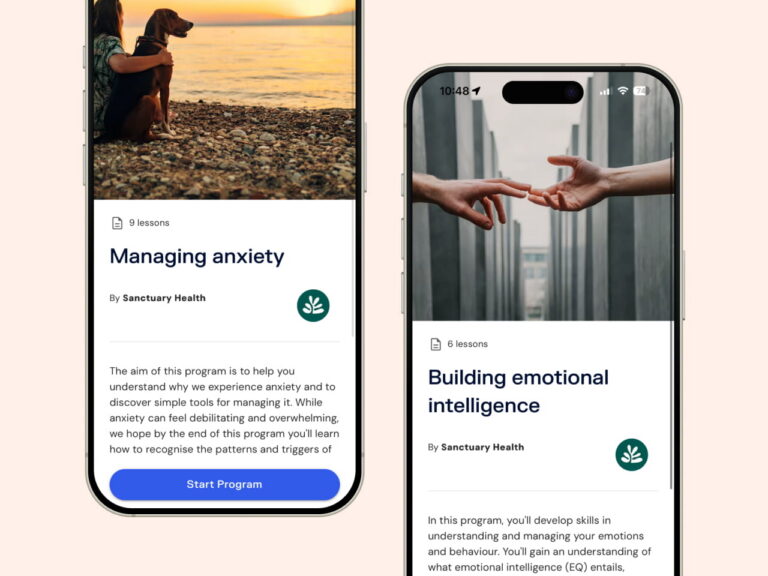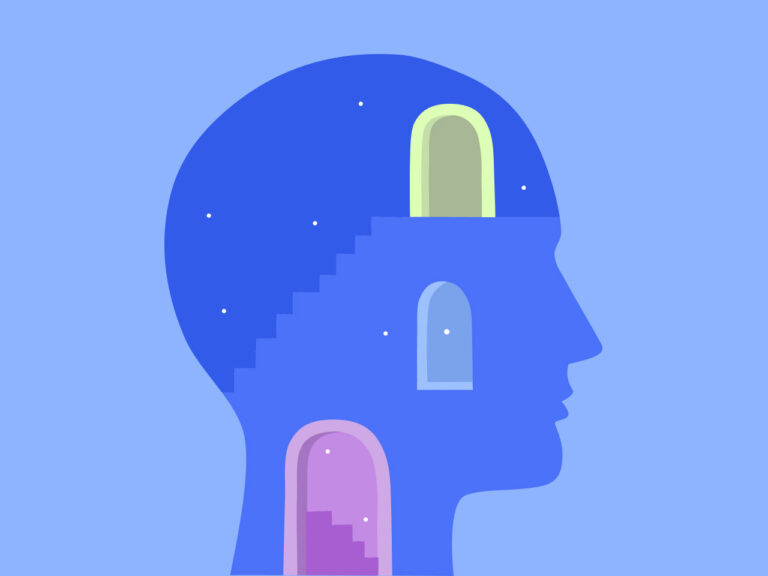The TL;DR:
- When employees access their EAP benefits, they expect their sessions to be kept confidential. This trust is crucial. Without it, many employees are reluctant to use their EAP.
- Generally, EAP services are confidential. The clinician adheres to professional codes of ethics that prioritise confidentiality. However, there are exceptions. If there’s a risk of harm to the individual or others, the appropriate authorities may need to be informed.
- Sonder provides individuals with confidential mental health, medical and safety support. Member interactions with Sonder are treated with the highest levels of confidentiality. Data shared with Sonder customers is anonymised, showing leaders only numbers and trends, so employees can reach out with complete confidence.
Employee Assistance Programs (EAPs), designed to improve the wellbeing and productivity of employees, have long been a staple in the workplace. Typically, these programs offer counselling services at no cost to the employee. Since some employees worry that details of their EAP usage could negatively impact their working relationships and career progression, a common question that often arises is, “are employee assistance programs confidential?”
While modern alternatives like Sonder are challenging the traditional EAP model, giving workforces easy access to medical advice, safety support and mental health care all in one place, ensuring confidentiality is paramount. In this article, we’ll answer the frequently asked questions from employers and employees around EAP confidentiality.

Understanding the core of EAP confidentiality
The goal of an EAP is to help employees navigate challenges and improve their quality of life, and this can only be achieved if they feel secure in the knowledge that their sessions are confidential, and actually use the service. Workplaces can be complex environments, and employees often face challenges that they’d prefer to keep private. In this sense, confidentiality is the bedrock of any EAP service.
Accessing EAP: The first step to confidential support
When an employee accesses their EAP service, and goes to a separate location for counselling sessions, they get a chance to attend sessions privately. While there shouldn’t be any stigma around seeking these kinds of services, an off-site approach ensures that the employee’s need for support remains confidential, fostering a sense of security.
However, to access these kinds of services, employees often need to go through their managers. This can act as a blocker to reaching out for support.
With Sonder, members can access confidential support via an app. This convenient first touch point doesn’t involve any prior conversations with managers, allows for privacy, can be used out of hours, and is often a less daunting way to reach out.
When EAP services are confidential and when they are not
Generally, EAP services are confidential. The clinician, whether a counsellor or social worker, adheres to professional codes of ethics that prioritise the client’s confidentiality. However, there are exceptions. In rare cases, if there’s a risk of harm to the individual or others, the appropriate authorities or human resources may need to be informed. But, in most cases, the information discussed in an EAP counselling session is confidential and won’t be shared with anyone, including the employer, without the employee’s written consent.
Sonder provides individuals with confidential support. Member interactions with Sonder are treated with the highest levels of confidentiality and are never communicated to an employer or any third parties without member consent. A member’s data will be kept completely confidential with the exception of if they are a danger to themselves or others. For example, if a member is exhibiting suicidal ideation with possible intent, member support will do all in their power to protect the member, locate them, contact their in-app next of kin to locate them, etc. depending on the severity of the situation.
Any data that is shared with the organisation’s leaders is anonymised, showing only numbers and trends, so employees can reach out at any time, with complete confidence.
More information about Sonder’s commitment to protecting member privacy and information can be found here: Is Sonder confidential? Your questions answered.
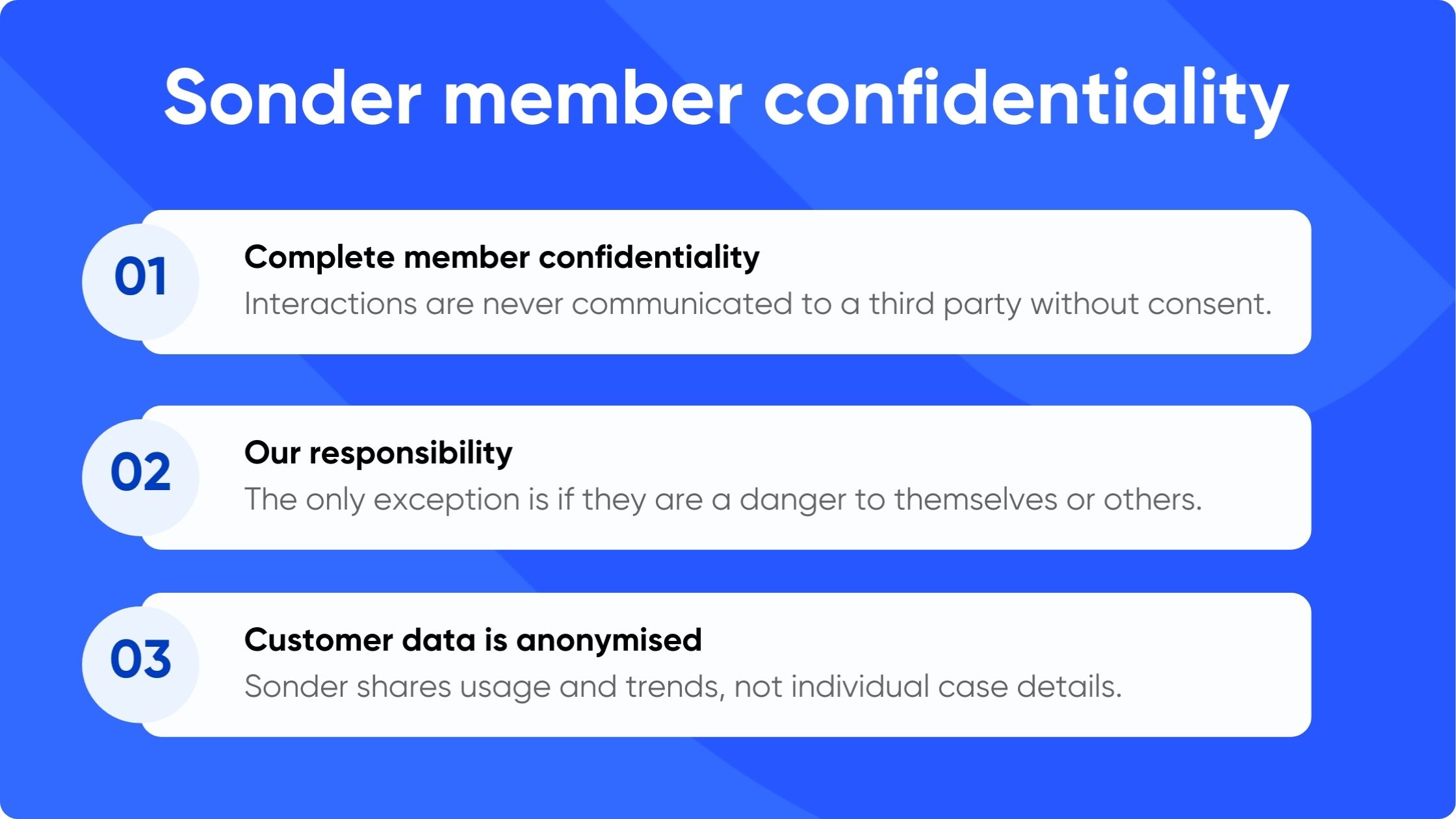
“We cannot share identifiable health data without explicit documented consent.”
Dr Jamie Phillips
Medical Director and Head of Member Support, Sonder
The role of the counsellor in maintaining EAP confidentiality
Counsellors play a pivotal role in the EAP process. Their primary responsibility is to provide support and they are bound by strict confidentiality and privacy guidelines. They ensure that everything discussed during counselling sessions remains confidential unless the client gives explicit consent to share specific information.
The employer’s perspective: What they know and don’t know
A common misconception is that employers receive feedback about an employee’s EAP sessions. In reality, EAP confidentiality means that employers aren’t privy to the details of these sessions. They might know that an employee is using the EAP service, but the specifics of what’s discussed remain confidential.
Sonder provides its members with complete care for concerns they may have across medical, safety and mental health. This comprehensive approach sets Sonder apart and means it has 10x the uptake of a traditional EAP. While employers will be notified of the usage of Sonder within their teams, the individual member’s usage remains strictly confidential.
Ensuring EAP confidentiality: Best practices for employers
Employers play a crucial role in ensuring the confidentiality of EAP services. By promoting EAP benefits and emphasising the confidential nature of these services, more employees can be encouraged to seek help early, benefiting both the individual and the organisation.
Overcoming hesitations: Making employees feel safe accessing EAP
Despite the many benefits of EAPs, some staff are reluctant to use them due to confidentiality concerns. Employers need to address these concerns head-on, ensuring that their teams feel safe and supported when accessing EAP services.
When introducing a new EAP, or complete care platform like Sonder, consider explaining the specifics around confidentiality, then continuing to reiterate this information. This reminds existing employees and new starters that they can use these benefits in confidence.
The role of employee assistance in the modern workplace
As the dynamics of the modern workplace evolve, prioritising the mental health of employees remains an important duty. Employee Assistance Programs (EAPs) have traditionally been the way organisations help their people with access to mental health support, no matter their financial situation.
“Access block for medical and mental health care is the most pressing issue of our time. More and more members are reaching out to us because they are feeling blocked from accessing care due to cost, or they cannot access quality care within a reasonable amount of time.”
Dr Jamie Phillips
Medical Director and Head of Member Support, Sonder
How counsel plays a vital role in EAPs
Counsel is at the heart of any EAP. EAP professionals, whether they’re counsellors or therapists, provide a safe space for employees to discuss their needs and address issues that may be affecting their performance or wellbeing. The first session with an EAP provider often sets the tone, helping employees understand the range of services available and how they can best use their EAP benefits.
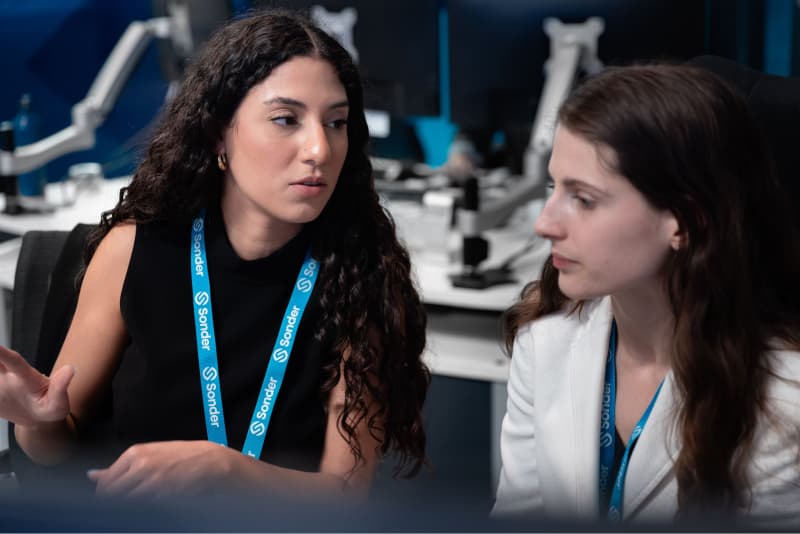
The evolving role of the supervisor in Employee Assistance
Supervisors and managers play a pivotal role in the overall wellbeing of their teams. While they’re not directly involved in the EAP process, they can be instrumental in encouraging their teams to seek support when needed. Leaders need to be informed about the services included in their organisation’s EAP, from confidential counselling to other resources.
However, it’s also crucial for supervisors to understand the boundaries around EAP. They should be aware that EAP professionals won’t report back to them about individual sessions, ensuring that employees’ privacy is respected.
Sonder welfare checks recognise the need for supervisors and managers to have a direct line to their employees’ health and safety status. Another core differentiator from a traditional EAP, these welfare checks allow a manager to alert Sonder if they have a reasonable concern about the safety of an employee. Sonder can then organise a welfare check to confirm the person is safe and well. Welfare checks are conducted via phone/in-app checks, emergency services checks or in-person checks by a Sonder responder, depending on the severity and circumstances of the concern. After a welfare check, Sonder informs the requesting manager that the member is either safe or unsafe, but any further details are held in confidence unless the member gives explicit consent.
Want to learn more?
Dive deeper into the world of EAP alternatives and discover how they can transform your organisation with our ultimate EAP buyer’s guide.
- Learn how to compare vendor offerings
- Discover what makes EAP alternatives different
- Gain insider tips and statistics
- Write a convincing business case
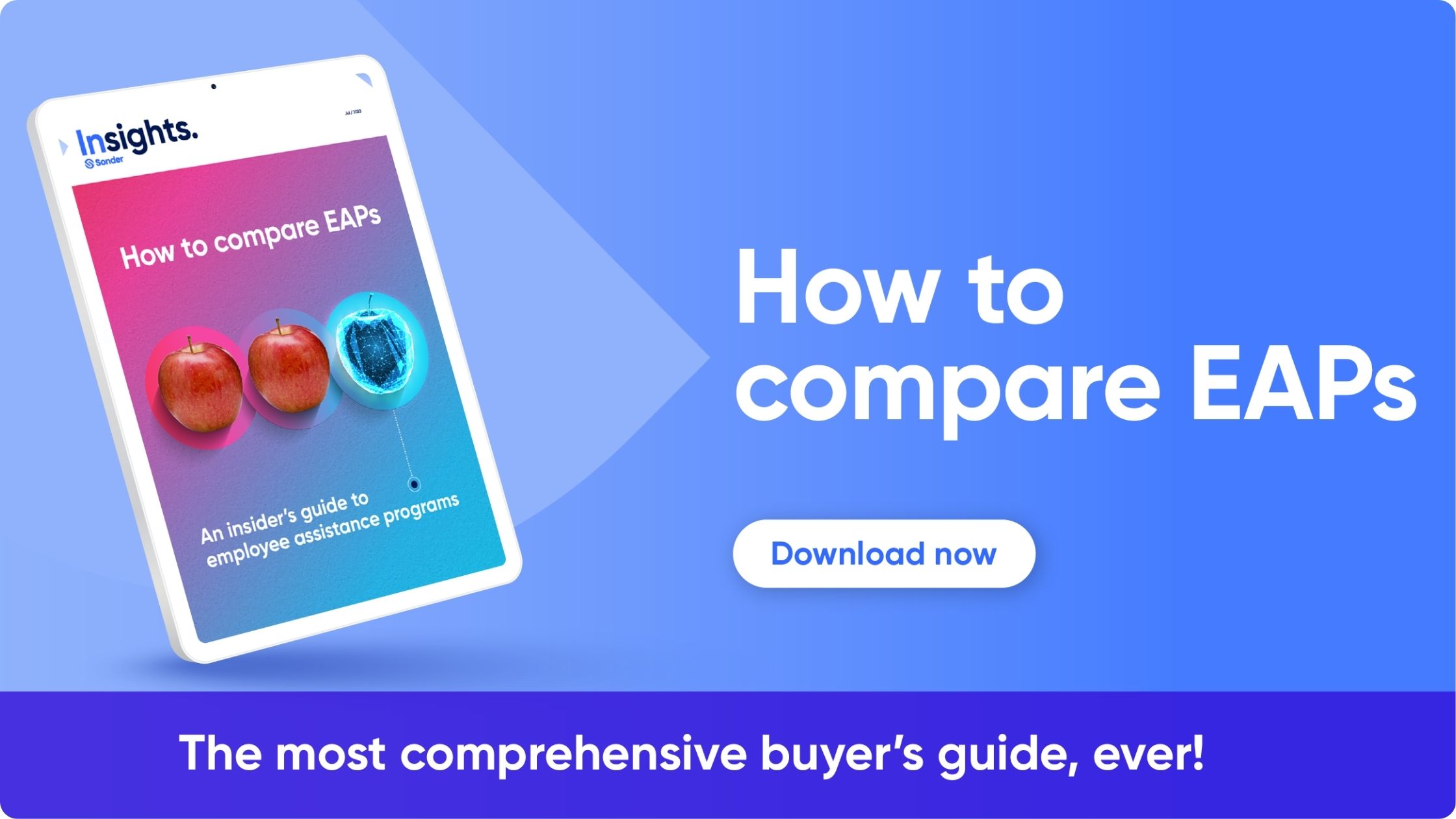
Discover a modern approach to employee wellbeing with Sonder
EAPs have long been a cornerstone of employee support in many organisations. However, as the workplace evolves and the needs of employees change, so too must the support structures in place. With platforms like Sonder challenging the traditional EAP model with its complete care platform, it’s clear that the future of employee assistance is set to be more holistic, comprehensive, and aligned with the modern needs of the workforce.
Ready to experience the future of employee assistance? Book a demo with Sonder today and witness firsthand how we’re helping organisations empower people to be at their best. Providing support through the right care, at the right time.

